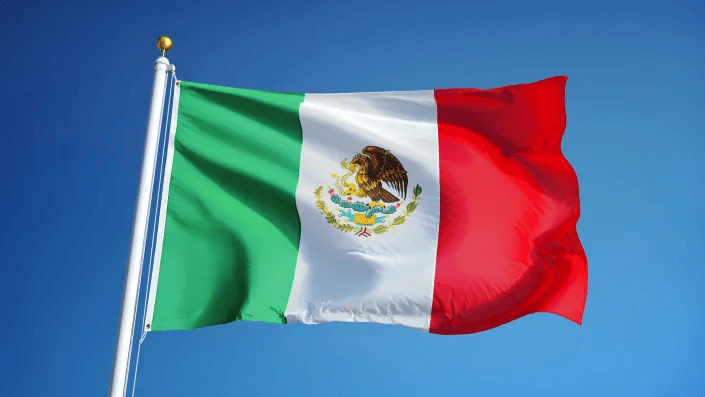.As Mexico gears up for what is arguably its most consequential election to date, the nation finds itself at a pivotal crossroads. With a staggering 100 million eligible voters poised to shape the political landscape, the upcoming contest is not merely about electing officials but about charting the course for Mexico’s future. Against the backdrop of mounting challenges and evolving socio-economic dynamics, the electorate faces a momentous decision that will reverberate across the nation’s political and economic spheres for years to come.

Candidates and Contenders: A Three-Way Race
Central to the electoral narrative are the three formidable contenders vying for the presidency, each representing distinct political ideologies and visions for Mexico’s future. At the forefront stands Claudia Sheinbaum, the former mayor of Mexico City and standard-bearer for the ruling Morena party. Challenging her candidacy are Senator Xóchitl Gálvez, representing the Strength and Heart for Mexico coalition, and former legislative deputy Jorge Álvarez Máynez of the Citizen Movement party. As the campaign unfolds, each candidate seeks to articulate their vision, rally support, and navigate the intricacies of Mexico’s political landscape in pursuit of victory.
Implications for Cryptocurrency: A Question of Policy
Amidst the flurry of campaign rhetoric and policy debates, one notable absence from the electoral discourse is the issue of cryptocurrency. Despite its growing prominence in global financial markets, crypto remains conspicuously sidelined in Mexico’s political arena. The future trajectory of cryptocurrency regulation hangs in the balance, contingent upon the outcome of the election and the subsequent leadership transition. With each candidate offering divergent perspectives on economic policy and technological innovation, the fate of crypto in Mexico hinges on the priorities and policies of the incoming administration.
Sheinbaum’s Stance: Continuity and Caution
As the frontrunner in the presidential race, Claudia Sheinbaum’s candidacy carries significant implications for the future of cryptocurrency in Mexico. With a track record of progressive governance and a commitment to economic integration, Sheinbaum’s administration aims to strike a delicate balance between fostering innovation and ensuring regulatory oversight. While her party’s government has implemented measures such as a 20% tax on crypto gains, comprehensive legislation remains elusive. Nonetheless, Sheinbaum’s cautious approach signals a willingness to engage with emerging technologies while prioritizing stability and regulatory clarity.

Alternative Visions: Gálvez and Álvarez Máynez
In contrast to Sheinbaum’s stance, the candidacies of Xóchitl Gálvez and Jorge Álvarez Máynez present alternative visions for the role of cryptocurrency in Mexico’s future. Despite grappling with pressing issues such as cartel violence and corruption, both candidates’ parties have expressed varying degrees of support for leveraging blockchain technology to combat corruption and enhance transparency in governance. While the electoral outcome remains uncertain, the prospect of Gálvez or Álvarez Máynez assuming office underscores the potential for a shift in crypto policy and regulatory frameworks in Mexico.
Navigating Uncertainty: The Road Ahead
As Mexico stands on the brink of a historic electoral moment, the fate of cryptocurrency hangs in the balance, poised to be shaped by the choices of millions of voters. While the campaign trail remains focused on pressing socio-economic challenges and political priorities, the absence of crypto discourse underscores the complexities of integrating emerging technologies into Mexico’s policy landscape. As the election unfolds and a new chapter in Mexico’s political history begins, the future of cryptocurrency awaits clarification, offering both challenges and opportunities for the nation’s trajectory in the digital age.
Building Consensus: Collaboration for Crypto Regulation
Amidst the electoral fervor, there is growing recognition among stakeholders of the need for collaborative efforts to establish a coherent regulatory framework for cryptocurrency in Mexico. As the country grapples with the complexities of integrating digital assets into its financial ecosystem, fostering dialogue between government, industry leaders, and civil society is paramount. By fostering an inclusive approach to crypto regulation, Mexico can harness the potential of blockchain technology while mitigating risks and ensuring regulatory compliance. As the election draws nearer, calls for cooperation and consensus-building are likely to gain momentum, paving the way for a more inclusive and sustainable approach to crypto governance.










